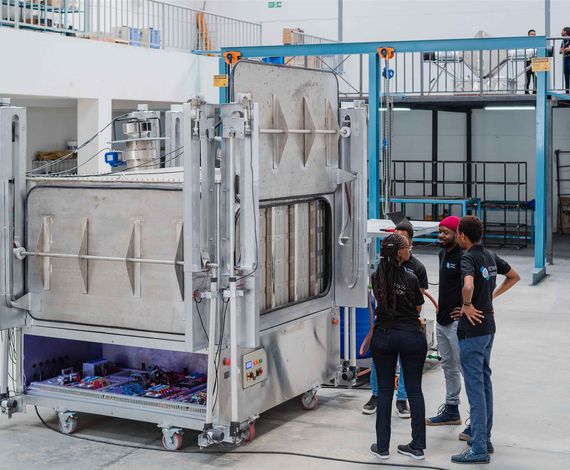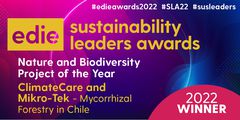Wakefield Biochar is a minority-owned company focused on making our planet healthier through their “Better Soil. Better World.” philosophy. The company is based in Valdosta, Georgia, a city that thrived from the forestry industry, specifically pine products, for over 100 years. The feedstock for this biochar project is waste pine bark from FSC-certified forests.
For carbon credit buyers, biochar directly solves for the non-permanence risk of nature-based carbon removal projects while still achieving carbon sequestration through trees’ photosynthesis. For biochar users, soil health is improved without chemical fertilizers. This project also subsidizes the cost of biochar for farmers who cannot afford biochar currently.
Biochar, and biochar composts, are currently expensive in the retail market. Despite the plentiful supply of waste wood biomass from paper and pulp mills, most mill operators are unlikely to establish the pyrolysis units needed to create biochar without the guaranteed revenue stream of carbon credits.
What is biochar?
Biochar or biological charcoal is a charcoal-like, carbon-rich substance created from sustainable biomass sources like agricultural waste, wood chips, plant residues, and manure. It is a stable, lightweight black material primarily composed of carbon and ashes.
Key characteristics of biochar include:
- Composition: Approximately 70% carbon, with remaining percentages of nitrogen, hydrogen, and oxygen
- Physical properties: Black, highly porous, fine-grained, and lightweight
- Primary purpose: Carbon sequestration and soil enhancement
How is biochar produced?
Biochar production primarily works through a process called pyrolysis, which involves heating biomass in the absence or limited presence of oxygen. Here's how the process typically works:
- Feedstock preparation: Organic materials such as agricultural residues, wood waste, or other biomass are collected and prepared for processing
- Thermal conversion: The biomass is heated to high temperatures (typically 350-700°C) in a specially designed furnace or reactor with limited oxygen
- Decomposition: As the material is heated, it undergoes thermal decomposition, releasing volatile gases and leaving behind carbon-rich biochar
- Collection of by-products: The process yields several valuable products:
- Biochar: The primary solid residue
- Syngas: A mixture of combustible gases (e.g., methane, carbon monoxide)
- Bio-oil: Condensed liquid hydrocarbons
- Processing and application: The biochar is then cooled and can be further processed or applied directly as a soil amendment
In addition to delivering emission removals over the project’s lifetime to take climate action (SDG 13), the project delivers additional benefits:
- Affordable and Clean Energy: Increases proportion of population with primary reliance on clean fuels and technology
- Responsible Consumption and Production: Decreases hazardous waste generated per capita and proportion of hazardous waste treated, by type of treatment
- Life on Land: Increases progress towards sustainable forest management
Our goal is to deliver 1 billion tonnes of emissions reductions and removals
600+ projects have been supported by Climate Impact Partners
100+ million tonnes of emissions reduced through carbon finance
Delivering towards the Global Goals
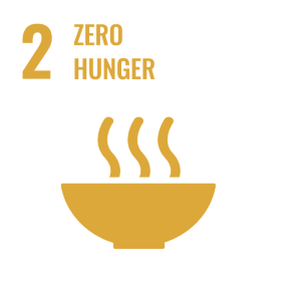
Zero Hunger
End hunger, achieve food security and improved nutrition
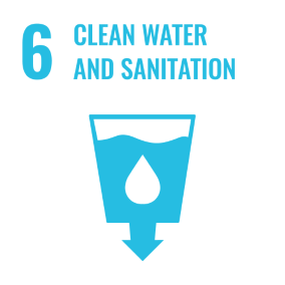
Clean Water and Sanitation
Ensure access to water and sanitation for all
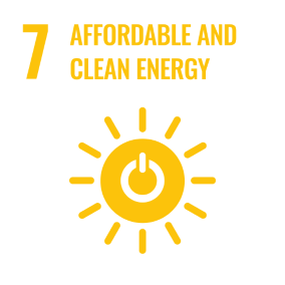
Affordable and Clean Energy
Ensure access to affordable, reliable, sustainable and modern energy
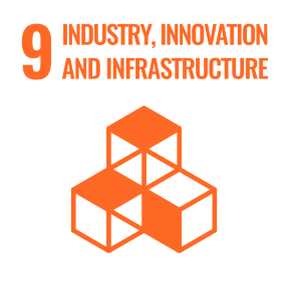
Industry, Innovation and Infrastructure
Build resilient infrastructure, promote sustainable industrialization and foster innovation
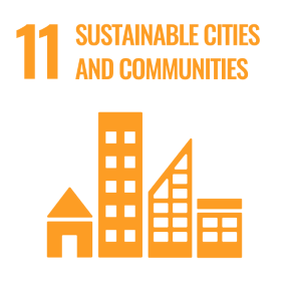
Sustainable Cities and Communities
Make cities inclusive, safe, resilient and sustainable
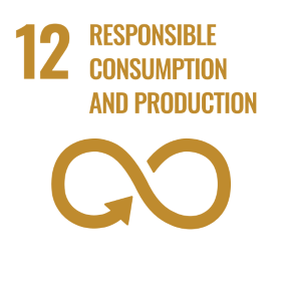
Responsible Consumption and Production
Ensure sustainable consumption and production patterns
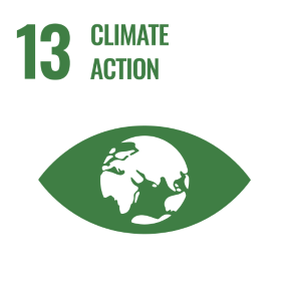
Climate Action
Take urgent action to combat climate change and its impacts
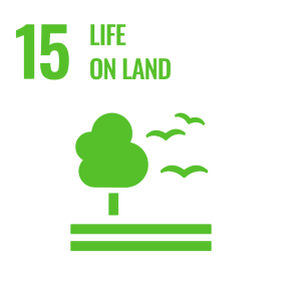
Life on Land
Sustainably manage forests, combat desertification, halt and reverse land degradation, halt biodiversity loss

Supporting our projects delivers on multiple UN Sustainable Development Goals (SDGs). You can read more on the Goals below.
Learn more about the global goalsNext Steps

Explore our projects
Explore our range of projects across the globe: nature based solutions, health and livelihoods and sustainable infrastructure.
Explore
Business Solutions
We are the leading solutions provider for carbon offsetting, net zero, carbon neutrality and carbon finance project development.
Read more

